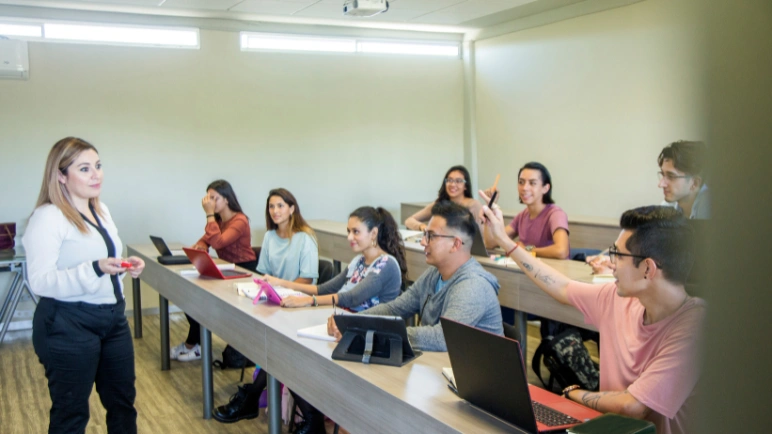Recent Post
-

-
 04, Dec 2024
04, Dec 2024Counselling for School Students
-
.webp) 02, Dec 2024
02, Dec 2024Education Counseling for Study Abroad
